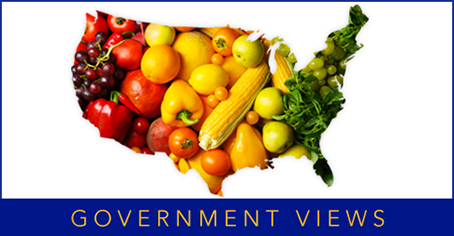The role of the USDA is to monitor compliance, in partnership with the board or committee staff who collect the data provided by handlers. When a board or committee reports noncompliance, the USDA will investigate.
“Compliance is a vital part of our marketing order, because it ensures the integrity of the regulations our Florida avocado producers voted into place,” comments Alan Flynn, manager of the Avocado Administrative Committee.
Food Safety Protocols and Compliance
One task ahead for the produce industry is to demonstrate compliance with the U.S. Food and Drug Administration (FDA) Produce Safety Rule. For decades, food companies had the option of following FDA guidelines that are now becoming science-based sanitation and food safety standards.
The FDA’s transition from voluntary guidelines to formal regulations is changing the processes through which raw produce items are grown, harvested, packed, stored, transported, and otherwise handled to reduce or eliminate contamination through documented standards.
The USDA’s role in enforcing compliance through marketing orders and agreements can help growers demonstrate whether they have the necessary production and handling safeguards in place to satisfy FDA requirements. Marketing agreements can show the FDA that processors, packers, brokers, and other handlers are in compliance with the Produce Safety Rule by detailing these procedures and protocols for the harvest, handling, storage, and transportation of product.
Safeguards could include using mandatory inspection as a way to verify food safety and requiring control measures and container requirements on outgoing shipments to verify the cleanliness of containers.
A number of commodity groups have been proactive in ensuring safeguards are in place to comply with FDA requirements. The Almond Board of California is an excellent example of how an industry can fund research and train growers for the changes created by the Produce Safety Rule and Best Practices for Manufacturing.
Other marketing order groups for avocados, cherries, cranberries, oranges, pears, table grapes, onions, and tomatoes have worked with the USDA to create a combination of food safety, food quality, and related research authorities. Marketing order boards and committees can also serve as the organized training platform to help implement FDA regulations.
Concluding Thoughts: Know Your Options
With the FDA’s support and encouragement, USDA marketing orders and agreements are available to industries that want to build a framework for success through compliance with food safety requirements.
Now is the time to begin a dialogue with USDA; agency specialists are eager to meet with growers and handlers in all areas to share information and discuss program options.



